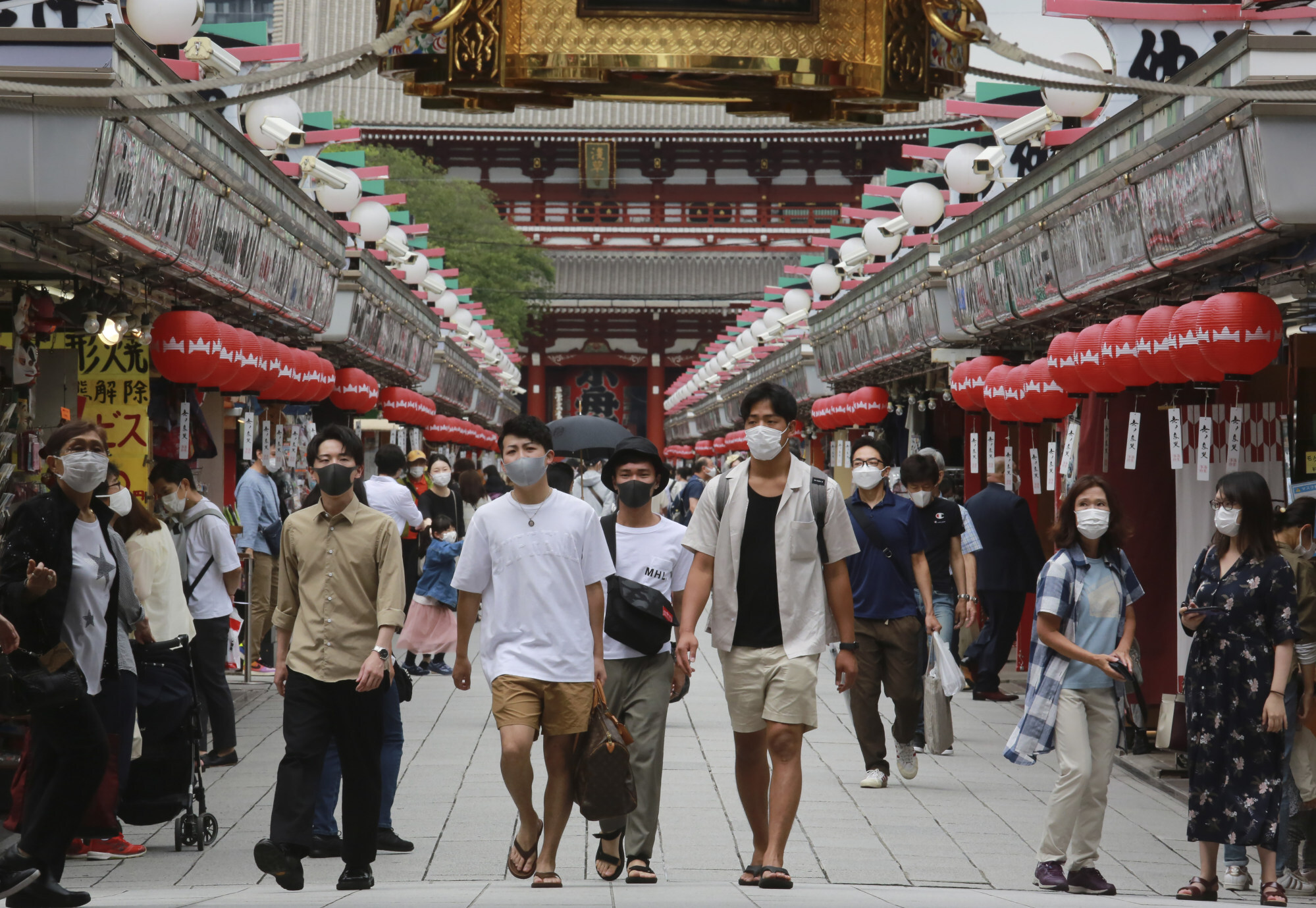
Will the Delta variant derail Asia’s economic recovery?
- Although the variant is rapidly transmissible, higher vaccination rates should help mitigate economic consequences by weakening the link between new cases and bad health outcomes, easing pressure on policymakers to prolong restrictions
This has reignited the debate about whether lockdowns to protect public health will hurt economies as they curb reopening activity, making Asia’s nascent economic recovery look vulnerable.
The link between Covid-19 cases and economic activity depends largely on policymakers’ willingness to impose restrictions. This is in turn closely related to the link between Covid-19 cases and hospitalisation and fatality rates.
In the US, many hospital systems are reporting that severe Covid-19 outcomes are almost exclusively occurring among the unvaccinated population.
However, the path out of the near-term weakness in domestic growth won’t be uniform across Asia – given the wide divergence in vaccination progress. China and Singapore are leading the pack and should make significant progress towards herd immunity, having vaccinated more than 50 per cent of their populations.
At the same time, daily vaccinations have accelerated rapidly in Japan, Malaysia and Taiwan, and they are on track to reach critical vaccination thresholds by the end of the year, enabling further economic reopening.
In Japan, a key milestone for the total vaccination rate is one-third of the population, which covers all the medical workers and over 65-year-olds. At the current pace, this target should be reached in the next few weeks.

Meanwhile, more significant economic reopening for the Association of Southeast Asian Nations economies is unlikely to happen until next year, due to the currently low vaccination rates. Slow vaccine procurement has been a key issue for many Asean economies.
However, we could see some improvement in vaccine supply in the second half of this year as vaccine demand in developed market countries starts to peak and domestic vaccine production picks up in a number of emerging market economies.
On the brighter side, while the recent tighter restrictions pose challenges to the near-term domestic demand recovery in many Asian economies, the external demand environment is likely to remain supportive, fuelled by the more resilient developed market economies.

As a result, Asian economies will continue to benefit from robust export performance amid firm external demand. In particular, trade-oriented North Asian economies are likely to benefit more from a strong global trade cycle.
The recent resurgence in virus cases looks set to delay rather than derail Asia’s economic recovery. While the impact of the Delta wave is likely to be modest for Asia as a whole, slow vaccination rate in parts of Asean makes those economies relatively more vulnerable. However, a more drawn-out domestic demand recovery suggests both monetary and fiscal policy support may have to stay accommodative for longer.
Sylvia Sheng is a global multi-asset strategist at JP Morgan Asset Management



